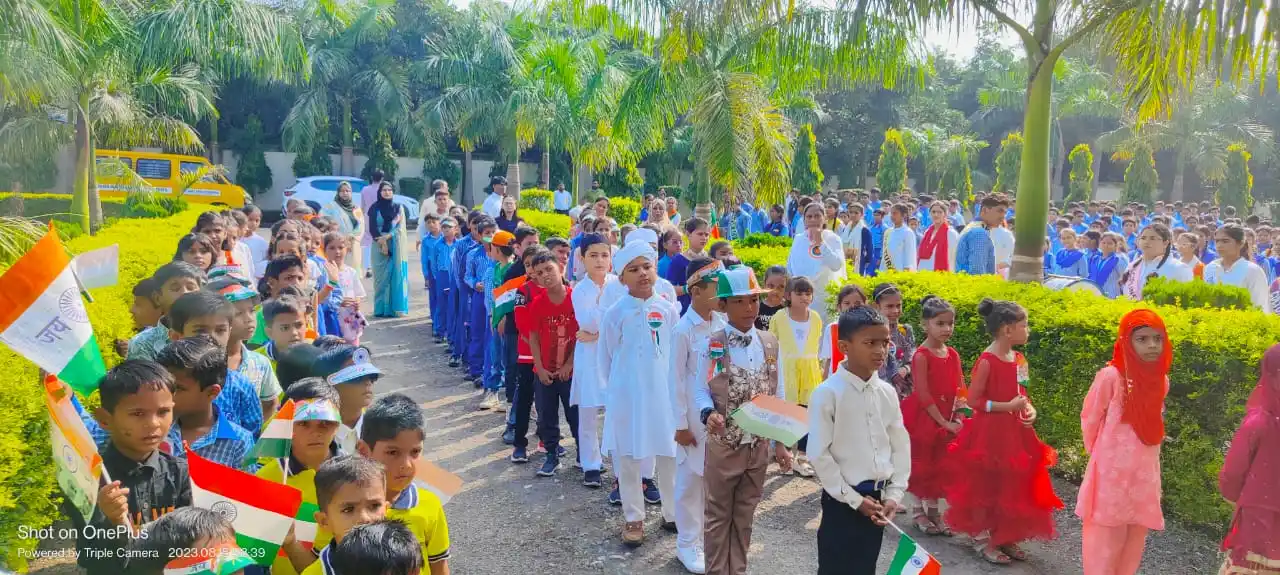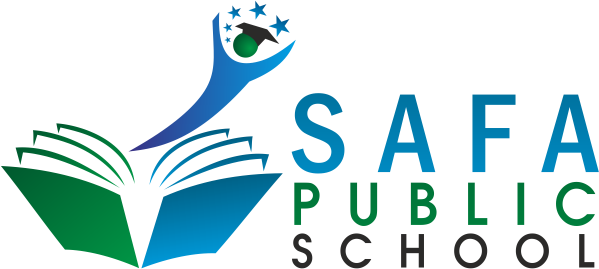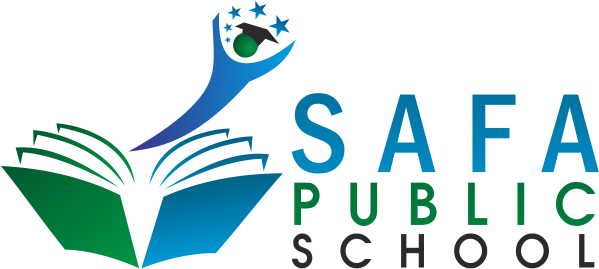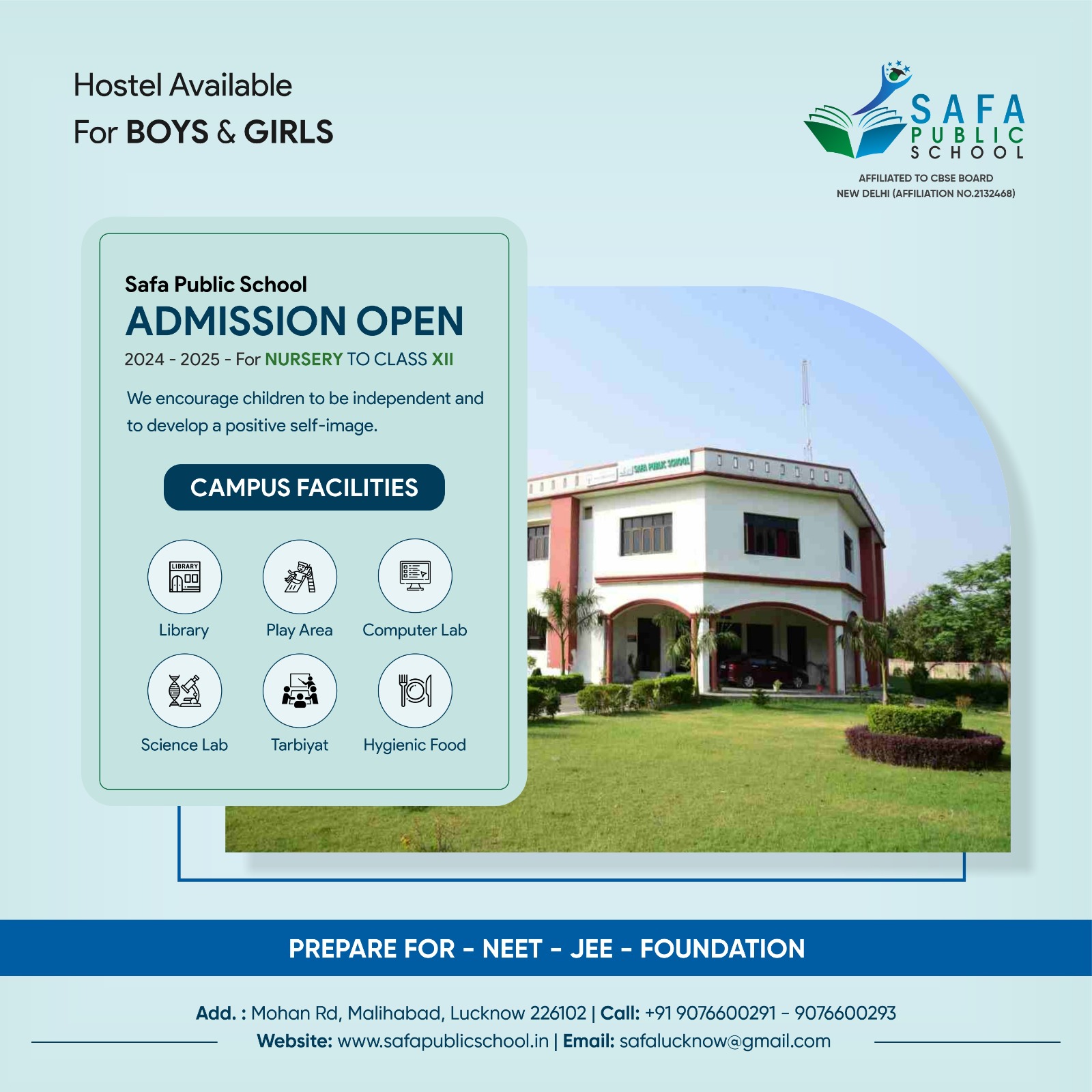CBSE Curriculum — A Future-Ready Foundation
The Central Board of Secondary Education (CBSE) provides an education framework designed to develop not only academic proficiency but also the competencies needed for the 21st century. Rooted in a balanced approach to scholastic and co-scholastic learning, the modern CBSE curriculum emphasizes conceptual understanding, critical thinking, creativity, and character formation. By combining foundational knowledge with experiential learning, CBSE prepares learners to thrive in higher education, the workplace and an increasingly interconnected world.
For the next generation, CBSE has shifted from rote memorization to competency-based education. Lessons and assessments now prioritize real-world problem solving and application of knowledge. The curriculum integrates STEM (Science, Technology, Engineering, Mathematics) with arts and humanities to encourage multidisciplinary thinking. Students are given opportunities to collaborate on projects, engage in inquiry-led investigations, and build digital literacy skills that align with contemporary job profiles.
Assessment under CBSE includes both formative and summative mechanisms that focus on learning progress and not merely end-of-term recall. Continuous and Comprehensive Evaluation (CCE) principles guide teachers to provide timely feedback, formative checks, and varied assessment modes — from project work and portfolios to presentations and practical examinations. This flexible assessment structure helps identify strengths and learning gaps early, enabling targeted interventions that nurture each child’s potential.
Co-scholastic development — including life skills, physical education, art, and value education — is an intrinsic part of the CBSE approach. These domains foster emotional intelligence, ethical reasoning, leadership, and collaboration. Emphasis on social awareness, environmental stewardship, and health and wellbeing ensures students develop holistically and become responsible citizens.
Digital integration is central to preparing students for the future. CBSE promotes use of educational technology for content delivery, simulation-based labs, and collaborative tools that support hybrid and blended learning. Classrooms leverage interactive modules, coding labs, and online resources that cultivate computational thinking and safe internet use. Equally important are teacher-training programmes that upskill educators to use these tools effectively while maintaining pedagogical depth.
Inclusivity and equitable access are core CBSE values. The curriculum supports differentiated instruction so that diverse learners — including those with varied learning speeds and special needs — receive appropriate scaffolding and opportunities. Multilingualism is encouraged, and schools are guided to create accessible learning environments, provide remedial support, and celebrate diverse backgrounds and perspectives.
To remain globally relevant, CBSE steadily expands linkages with international best practices and frameworks. The curriculum balances Indian context and global competencies, preparing students to pursue higher education internationally or enter global workplaces. Exposure to cross-cultural projects, language skills, and research-oriented learning fosters adaptability and intercultural fluency.
Vocational education and life-readiness pathways are being woven into upper-secondary choices to make education more aligned with career aspirations. Students can explore skill-based courses, internships, and entrepreneurship modules that bridge classroom learning with industry exposure. These pathways help ensure learners graduate with both foundational knowledge and practical competencies.
Parental and community engagement is an essential CBSE principle — learning ecosystems extend beyond the classroom. Schools are encouraged to co-create learning plans with parents and local stakeholders, thereby offering mentorship, community-based projects, and service-learning that cultivate civic responsibility and situational learning.
Note: This school follows the CBSE curriculum framework and implements its scholastic and co-scholastic assessments to ensure balanced, future-ready education for all students.





